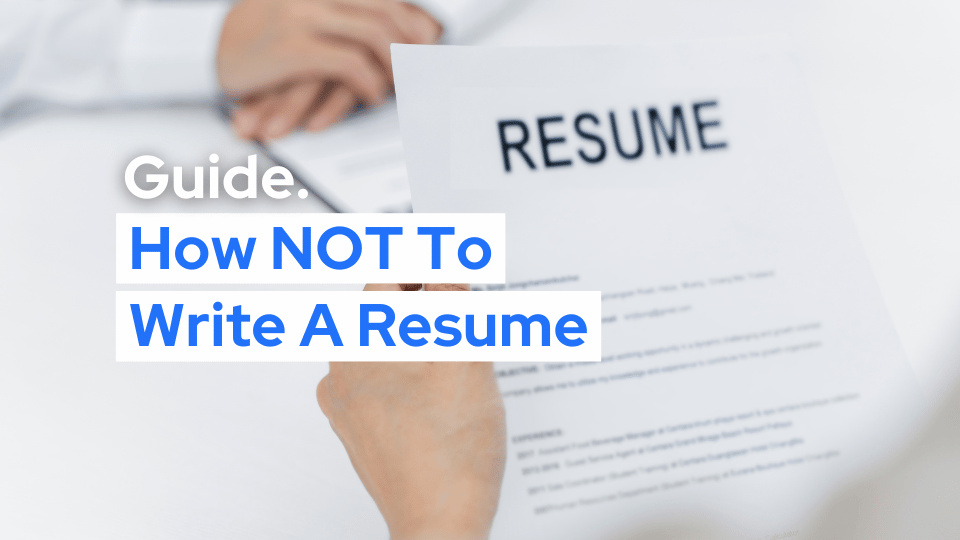
How many months is a diploma course?
Typically, diploma programs range from 8-16 months to complete on average. However, factors such as level, study mode, and exam requirements could shorten or extend the time for completion. Fully flexible diplomas with no predefined class times can be completed much faster than those with rigid schedules. Let’s delve into these factors in more detail.
Understanding Diploma Levels:
Diplomas generally fall into 3 categories:
– Foundation Diplomas (MQF Level 4)
– Undergraduate Diplomas (MQF Level 5)
– Postgraduate Diplomas (MQF Level 7)
Each diploma level has its own study duration, entry requirements, and complexity. For further insights into MQF Levels and their significance, explore our blog post, MQF Levels: What Are They and What Do They Mean?
Exploring Study Modes:
The choice of study mode is crucial for many students. Questions like “Is there a 2-year diploma?” or “What is a 4-year diploma?” are common but directly relate to study modes.
Study modes typically fall under 3 categories:
– Full Time Study (40 hours per week)
– Part Time Study (20 hours per week)
– Self-paced Study (Flexible to the student)
Courses designed as strictly full-time or part-time often require students to attend classes virtually or in person. This traditional education method, suitable for students able to dedicate significant portions of their lives to studying, usually involves 30–50% of study time in lectures or classes, with the remainder being self-study.
How Self-Paced Studying Functions involves students being given extensive study materials, including pre-recorded lectures, presentations, study guides, and articles, aiming to complete assignments. Some courses offer 1-to-1 sessions with a tutor or group classes for material review.
Do Diplomas have exams?
It depends. Traditional study modes, such as Full Time or Part Time scheduled courses, are more likely to have exams than those that are self-paced. Diplomas, on average, tend to be more assignment-based than other qualifications, such as Undergraduate Degrees or Certifications. However, in special circumstances, exams are required to adequately test the knowledge of a student.
Topics that require investigation and research skills are more suited to assignment-based courses than those with an emphasis on memorisation. In many cases, Diplomas can prepare students for the workplace more adequetly than exam-based courses. While exams test the students understanding and memory, it’s rare that an exam successfully assesses the students ability to find answers to complex, less standard problems with real-world consequences.
Accountants, IT Professionals, Human Resources, Management, and Marketing Analysts are just some examples of disciplines which rely heavily on research and problem solving. Where confidently answering a question incorrectly can have large repercusions.
What are the alternatives to a Diploma?
Each student is unique, and while many possible pathways exist, it’s not simple to assign an education roadmap to an individual without first understanding the student’s goals, timelines, previous experience, personal commitments, and finances.
We highly recommend browsing our courses and finding something that seems interesting to you as a base. Next, complete the contact us form and opt to speak with an Advisor. They can help you better understand your personal circumstances and empower you to make the best education decision.

 Malta
Malta
 Ireland
Ireland
 Global
Global


